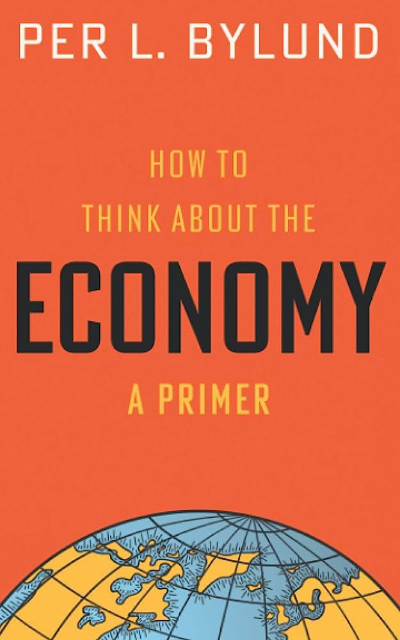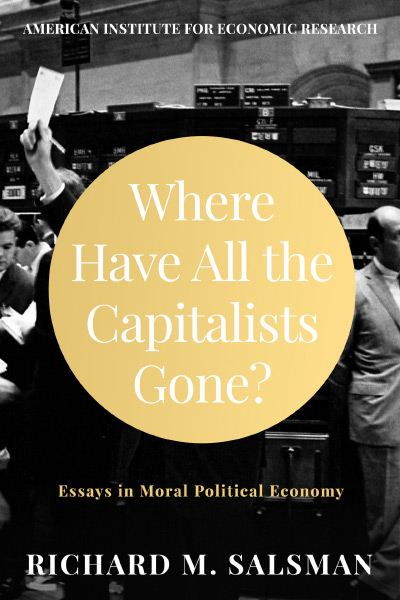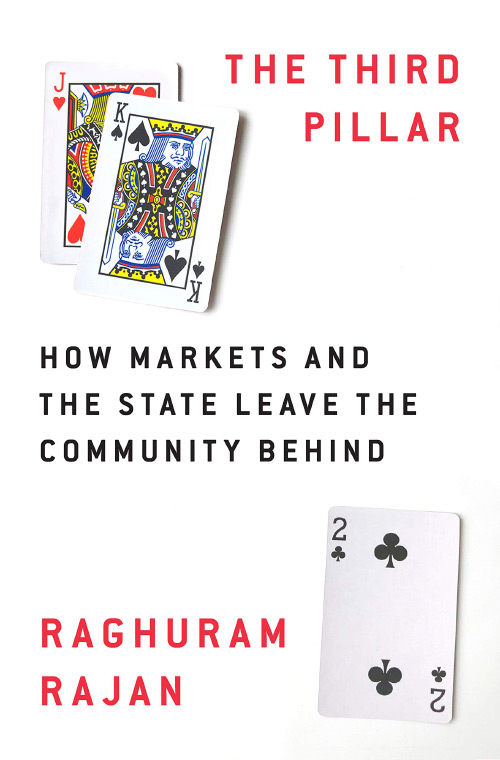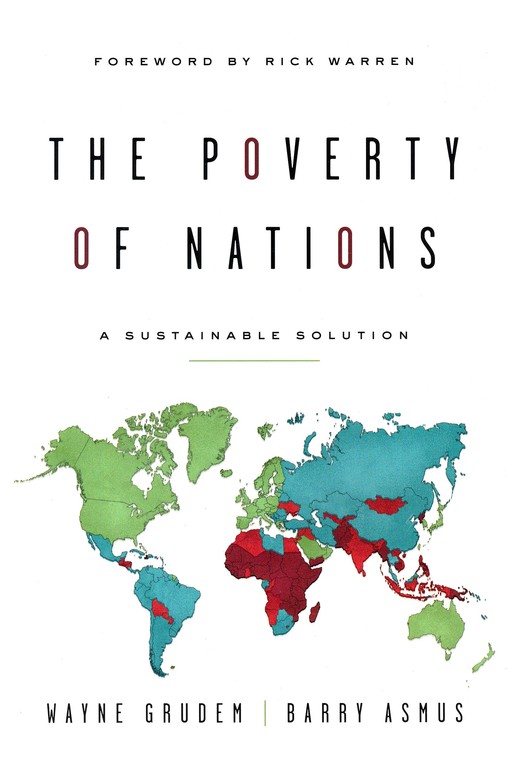Each of these two books has much to recommend it, and each is in its own way informative and well-researched. The main arguments are each plausible in some ways, and many of the policy prescriptions seem sound.
But I would be remiss if I did not identify at the outset of this dual review the perspective shared by the two authors, and not shared by this reviewer, if only to enable the reader to identify this reviewer’s biases in what follows. Both of these authors believe that voluntary exchange is inherently exploitative; I disagree.
The reasons people believe that voluntary exchange is exploitative are complex. Part of the problem is that “voluntary” exchange is not in fact voluntary. One foundation of the claim is that differences in bargaining strengths of the participants make exchange coercive; another is that people are not capable of judging their authentic—or as Marx put it, “objective”—self-interests. In any case, the structures that emerge in a system of voluntary exchange are inherently and irreducibly exploitative, where the command structures of socialism are—paradoxically—truly voluntary. The reason is that individuals receive what they should want, if they were as smart as the socialist cadres that rule them. And of course, the state, being rational and objective, supplies those things to those who need them, without the waste of profits and the social indignities of economic inequality.
This is important because, for these authors, any expansion in commodification, or increase in the amount of products and services that consumers buy, is by definition bad. In the case of the Watkins treatment, consumers are misled into wanting to purchase consumer goods that they don’t “really” want; they are seduced by advertising and the pressures of amour propre, the competitive urge to achieve social status by flaunting expensive possessions. The Rousseauvian indictment of private property is filtered through Veblen’s “conspicuous consumption” into the evils of modern consumerism. The result is the “Darwinian dilemma,” where it is the complete triumph of humanity as the dominant species that is leading—in Watkins’ view—to the destruction of the planet because consumer capitalism faces no countervailing force that could check its depredations.
In the case of the Slobodian work, the perspective—simply assumed, rather than argued—is that regulation is always good, and more regulation is better. But, outrageously, nations are not regulating commodification and free exchange as aggressively as they should. Instead:
[The modern world] is pock-marked, perforated, tattered and jagged, ripped up and pinpricked. Inside the containers of nations are unusual legal spaces, anomalous territories, and peculiar jurisdictions. There are city-states, havens, enclaves, free ports, high-tech parks, duty-free districts, and innovation hubs. The world of nations is riddled with zones.... (p. 2, emphasis in original).
Watkins notes that the constant pressure to find new sources of profits has fed both the military-industrial complex, and the highly profitable “business” of producing armaments. I am willing to believe that force of lobbying and political influence from defense industries has been a force that contributes to the endless wars of the past decades. Still, it is implausible to imagine that the reason that the US invaded Iraq (for example) was that McDonnell-Douglas had a silver-tongued lobbyist with a big checkbook. Many of the “failures” of capitalism are simply the obvious failures of the state, and are to be blamed on concentrating power in the hands of the executive branch, unchecked by other forces in government.
Interestingly, it is precisely that concentration of corrupt power in the state that goes a long way toward explaining the “zones” that so outrage Slobodian. I was expecting a discussion of Lotta Moberg’s excellent book (2017, The Political Economy of Special Economic Zones, Routledge), or James Scott’s persuasive account of why people might rationally want to seek “not being governed” (2010, The Art of Not Being Governed: An Anarchist History of Upland Southeast Asia, Yale University Press). But neither of these appears in the index, because for Slobodian it is simply inconceivable that there could be any legitimate reason that a firm might benefit, and that consumers might benefit, from insulating commerce from government attention.
I recently had a “zoom” meeting with a colleague, who spends much of his time in “Prospera,” a special economic zone off the coast of Honduras. The new, self-proclaimed socialist, government of President Xiomara Castro de Zelaya has vowed to recapture the “Zonas de empleo y desarrollo económico,” so that the economic value they have created can be captured by state officials for their own use. But the value of these economic development and employment zones is for the most part financial, and cannot in fact be captured or nationalized. That value is capitalized entirely in the insulation such zones create from government capture. Far from being a problem, special economic zones (as Moberg argues persuasively, and at length) are a work-around for inadequate or corrupt state institutions. As Moberg also notes, zones have significant problems, but taken in the context of horribly governed states such zones are a plausible “second best,” and represent an important step forward for economic development.
As I said, each of these books is carefully researched, and the specific accounts that each gives are interesting. There is no question that Watkins points to abuses of advertising, and pathologies of consumer culture, and Slobodian identifies instances where the insulation of “special zones” has been abused and exploited. But the general perspective of both these works would benefit from more nuance, and a greater understanding of the problems of government failure, and the value of entrepreneurship unfettered.
| Other Independent Review articles by Michael C. Munger | ||
| Fall 2024 | Tax Turmoil: A Dia Fenner Economic Thriller | |
| Fall 2024 | Retrieving Liberalism from Rationalist Constructivism, Volume I; Retrieving Liberalism from Rationalist Constructivism, Volume II | |
| Fall 2024 | The Dispersion of Power: A Critical Realist Theory of Democracy | |
| [View All (83)] | ||



















